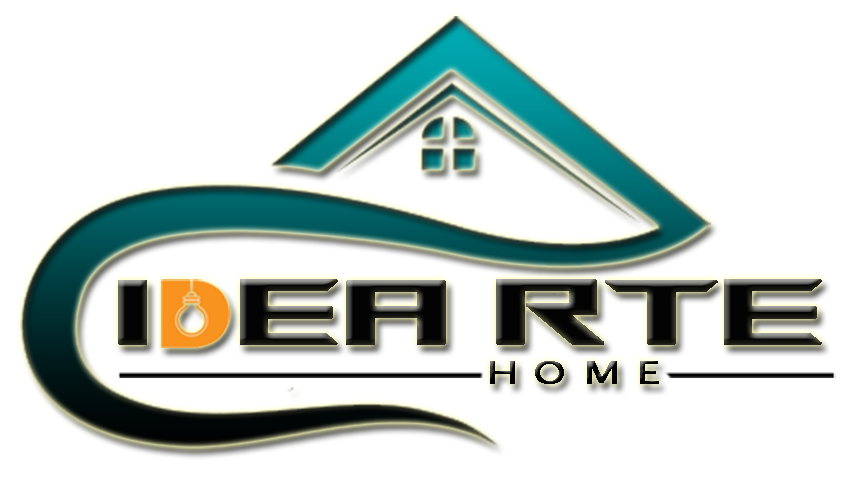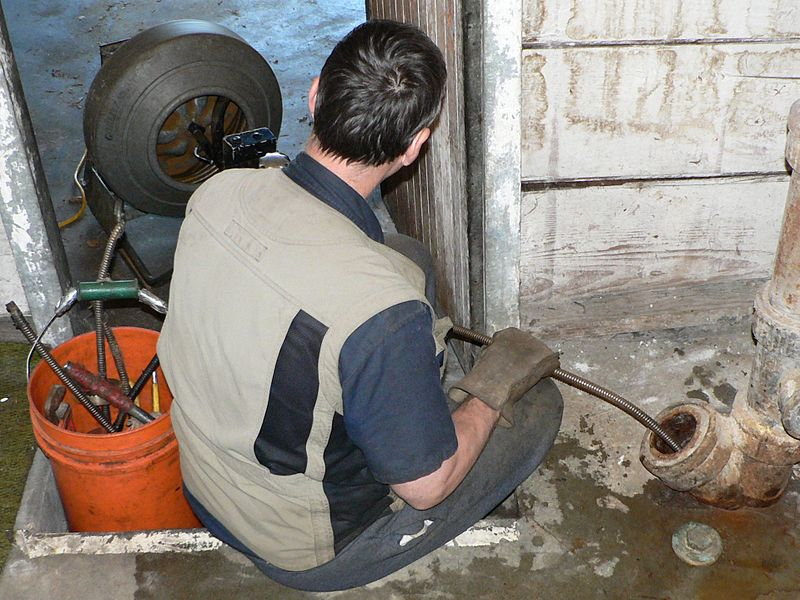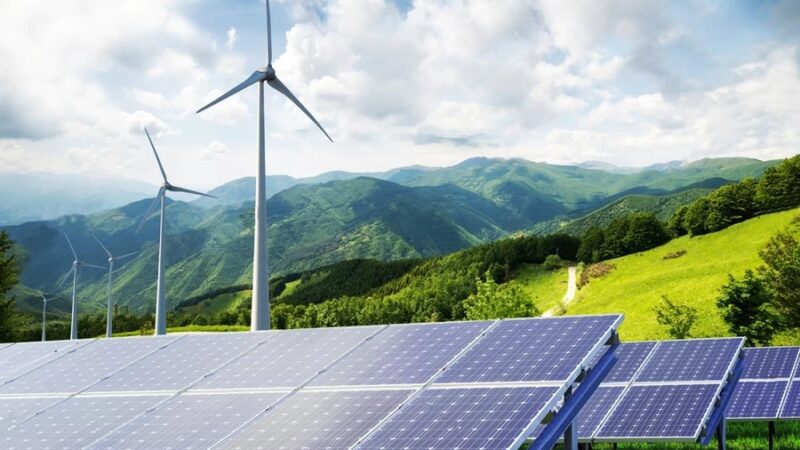Introduction (Approximately 50 words): Plumbing, often taken for granted, is an essential system that ensures our homes and communities function smoothly. While it may go unnoticed, plumbing plays a vital role in our daily lives, providing us with clean water, sanitation, and comfort. In this article, we will explore the fascinating world of plumbing and its indispensable contributions to modern living.
Body:
- Ancient Origins and Evolution of Plumbing (Approximately 100 words): The roots of plumbing can be traced back to ancient civilizations, where basic plumbing systems were developed to provide water for irrigation and domestic use. The Romans, renowned for their engineering prowess, built extensive aqueducts and public baths. Over the centuries, plumbing techniques and materials evolved, leading to the development of indoor plumbing during the Middle Ages. Today, plumbing systems have advanced significantly, incorporating innovative technologies and sustainable practices.
- Water Supply and Distribution (Approximately 100 words): One of the primary functions of plumbing is to provide clean and safe water for domestic use. Plumbing systems connect households to a municipal water supply or private wells. Through an intricate network of pipes, water is transported to various fixtures such as faucets, showers, and toilets. Water pressure is maintained using pumps, ensuring a steady flow throughout the building. Plumbing professionals carefully design and install these systems, taking into account factors like water quality, pressure regulation, and energy efficiency.
- Drainage and Wastewater Management (Approximately 100 words): Plumbing not only brings water in but also efficiently removes wastewater and sewage from our homes. Drainage systems, equipped with gravity and piping, carry waste materials away, preventing contamination and maintaining hygiene. These systems connect to the municipal sewer system or septic tanks, where wastewater is treated and processed. Modern plumbing solutions incorporate eco-friendly practices such as greywater recycling, minimizing water wastage and preserving natural resources.
- Innovation and Sustainability in Plumbing (Approximately 100 words): Plumbing has witnessed remarkable advancements, driven by the need for sustainability and environmental conservation. Water-saving fixtures, such as low-flow toilets and aerated faucets, reduce water consumption without compromising functionality. Energy-efficient water heaters and smart water management systems further contribute to conservation efforts. Additionally, eco-friendly materials like PEX (cross-linked polyethylene) piping have gained popularity due to their durability, flexibility, and resistance to corrosion. The integration of renewable energy sources, such as solar-powered water heaters, is another avenue explored by the plumbing industry to promote sustainability.
Conclusion (Approximately 50 words): Plumbing, often unnoticed, is the backbone of our modern living. It ensures the provision of clean water, efficient drainage, and sustainable practices. The continuous innovation and commitment to environmental stewardship within the plumbing industry are crucial in building a future where efficient plumbing systems contribute to the well-being of individuals and the planet as a whole.







